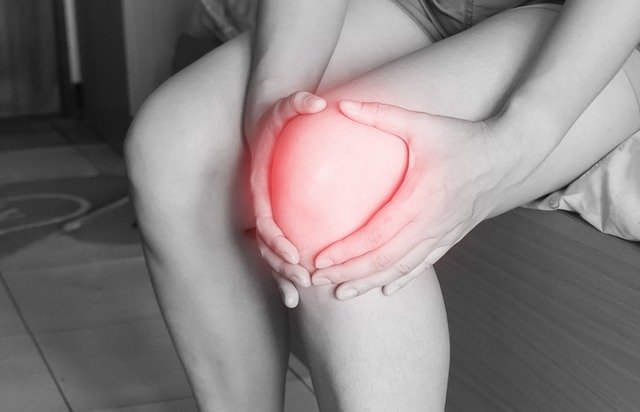
In a new study, researchers found that opioid painkillers may temporarily ease the discomfort of arthritis, but they have no clear long-term benefit.
They reviewed 23 clinical trials and found that, on average, opioid medications were somewhat effective at easing pain in patients with osteoarthritis.
That’s the common form of arthritis in which cartilage cushioning the joints gradually wears down, leading to swelling, stiffness, and pain.
But there is no evidence that opioids could improve patients’ quality of life or help with their depression. And any benefits for pain seemed to decrease with time.
The research review was conducted by a team at Tufts Medical Center, in Boston.
Treatment guidelines for chronic pain, other than cancer-related pain, already say opioids should be a last resort.
With osteoarthritis, the drugs are only recommended if a patient has not gotten relief from other medical therapies and if surgery—like knee or hip replacement—is not an option.
Scientists say that patients should try to exercise regularly and maintain a healthy lifestyle.
As for medications, nonsteroidal anti-inflammatory drugs (NSAIDs)—like ibuprofen and naproxen—are the first choice.
In the study, the team checked the results of 23 previously published clinical trials that involved more than 11,400 osteoarthritis patients.
Overall, the investigators found, opioid treatment had a modest effect on people’s pain over two to 12 weeks.
At higher doses, the drugs were actually less effective and carried a higher risk of side effects, such as nausea, constipation, and diarrhea.
The team says it appears that there is no optimal therapeutic window for the use of oral opioids in osteoarthritis.
They suggest that people should try creams or ointments that help avoid the side effects that can come with prolonged used of oral NSAIDs (such as Motrin, Advil, Aleve).
Injections of hyaluronic acid, a substance in joint fluids, are another option.
In addition, aerobic activity, like walking, and exercises that strengthen the muscles around the arthritic joint may be helpful.
And if a patient is overweight, weight loss may help ease pain and improve joint function.
The lead author of the study is Dr. Raveendhara Bannuru. He is the director of the Center for Treatment Comparison and Integrative Analysis.
The study was presented at the 2019 ACR/ARP Annual Meeting.
Copyright © 2019 Knowridge Science Report. All rights reserved.




